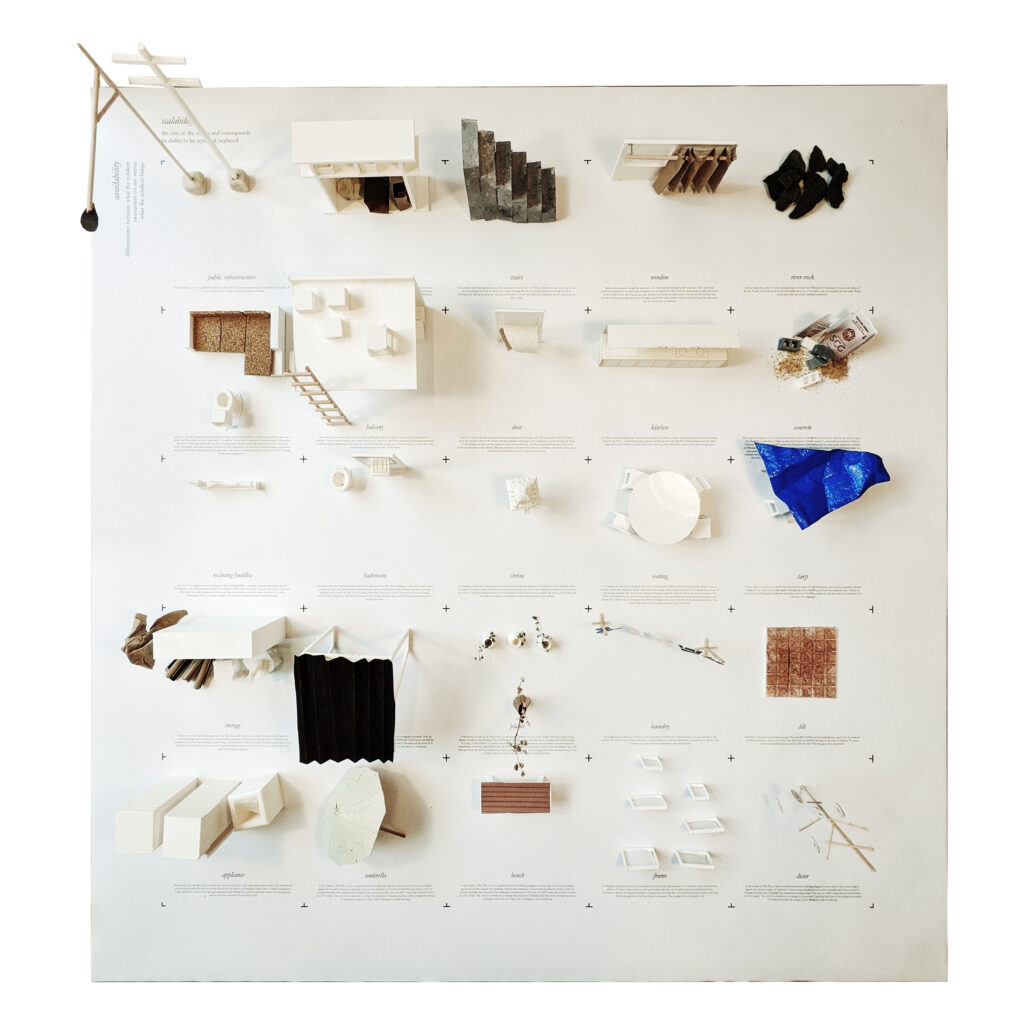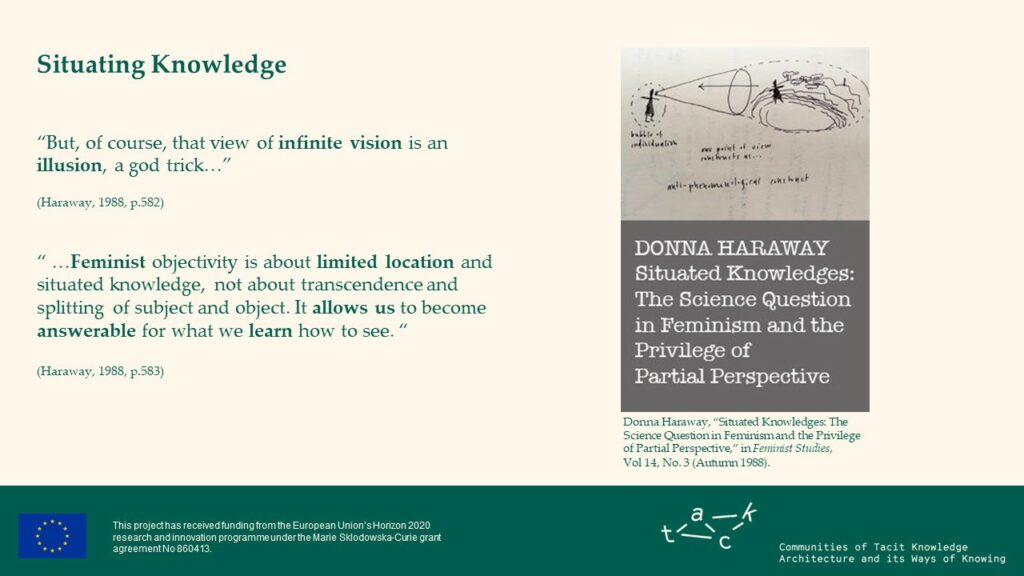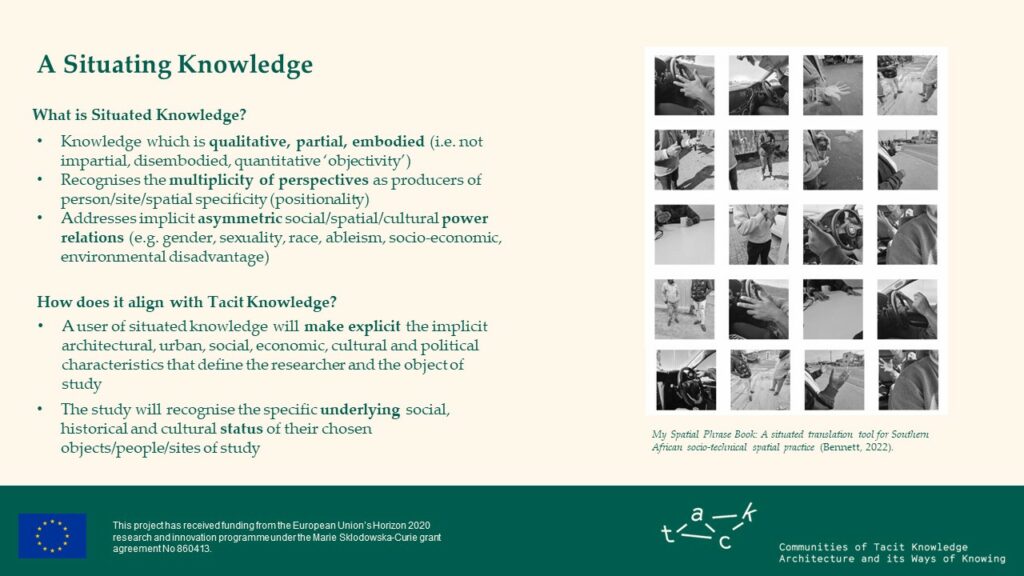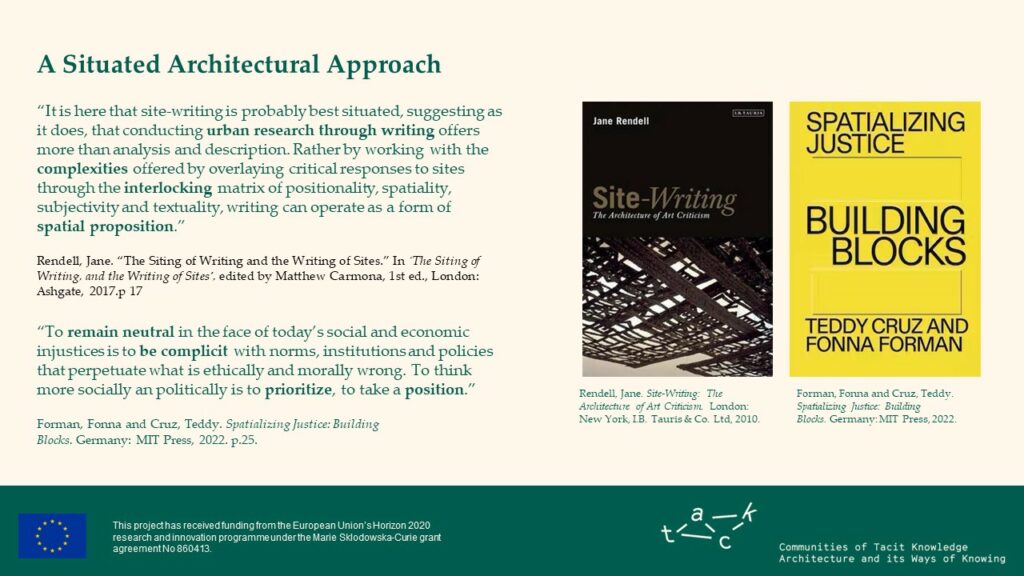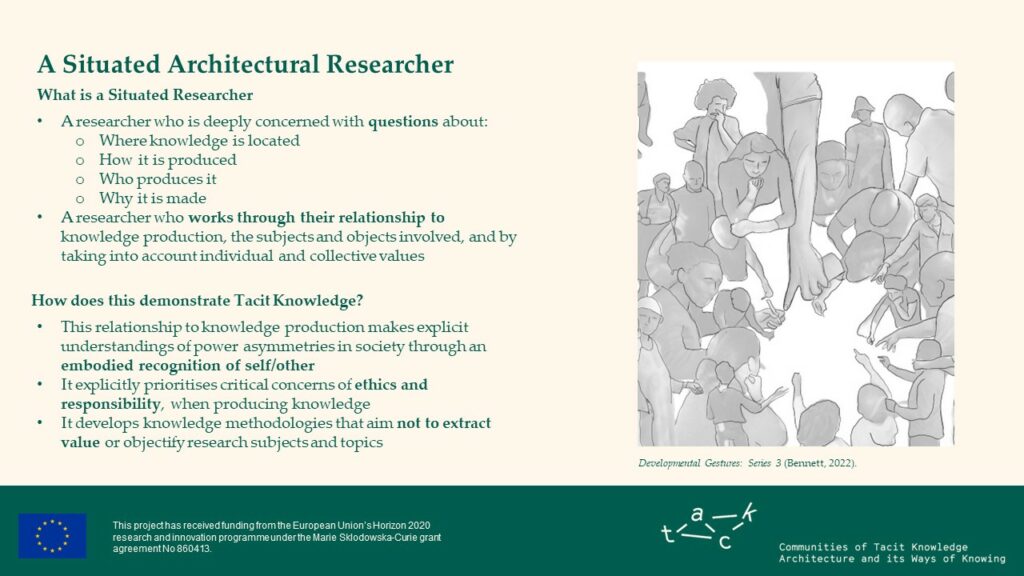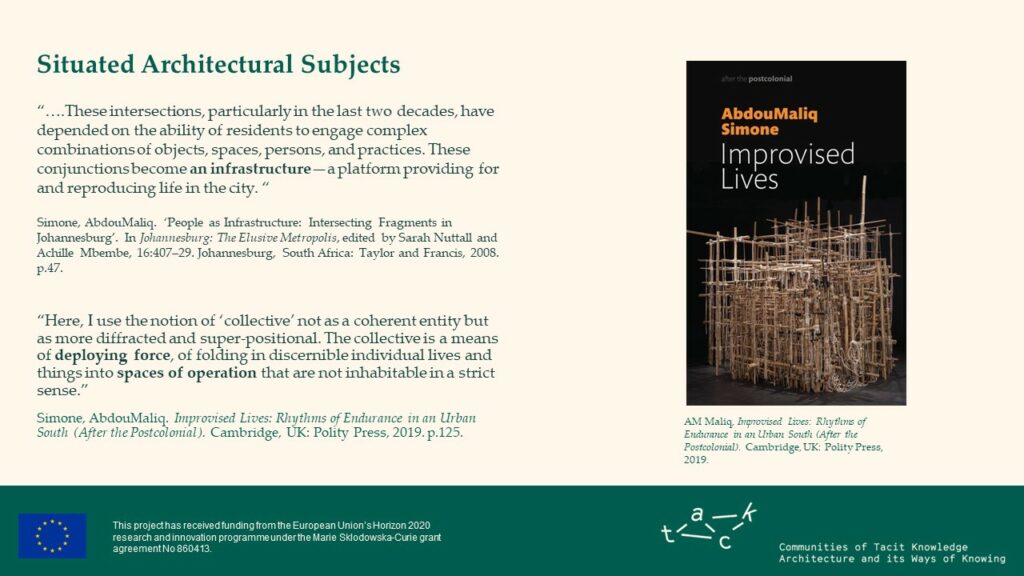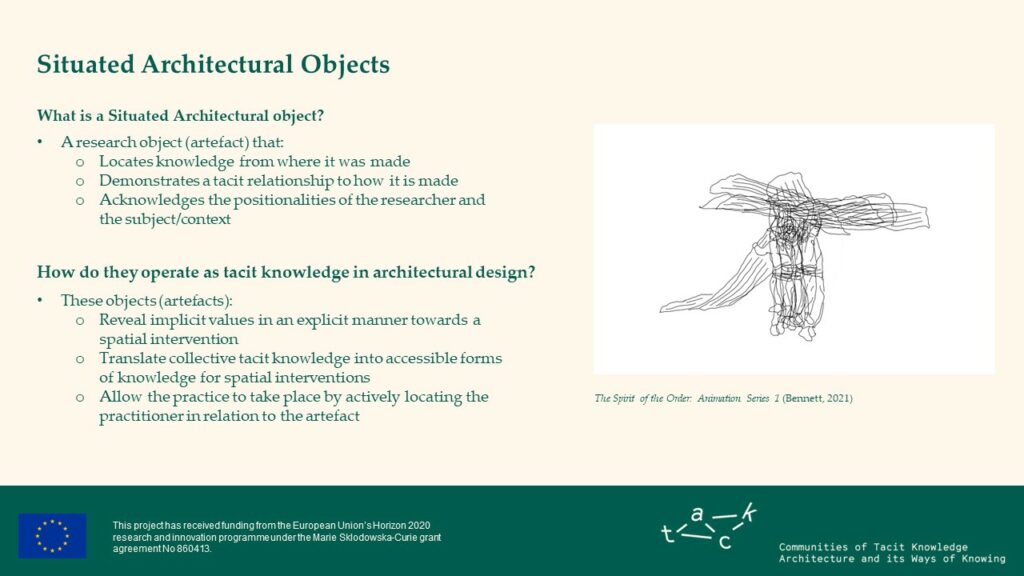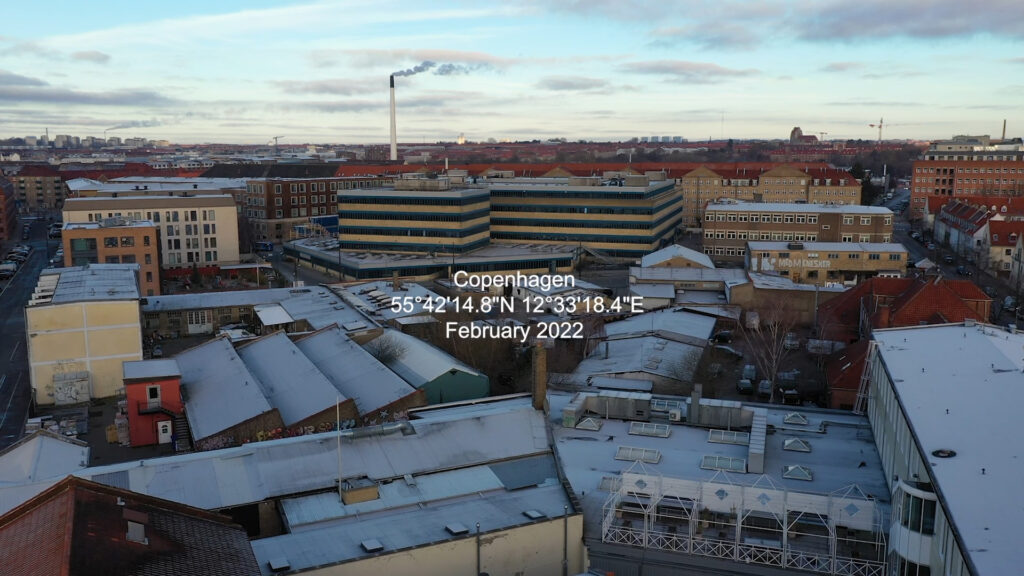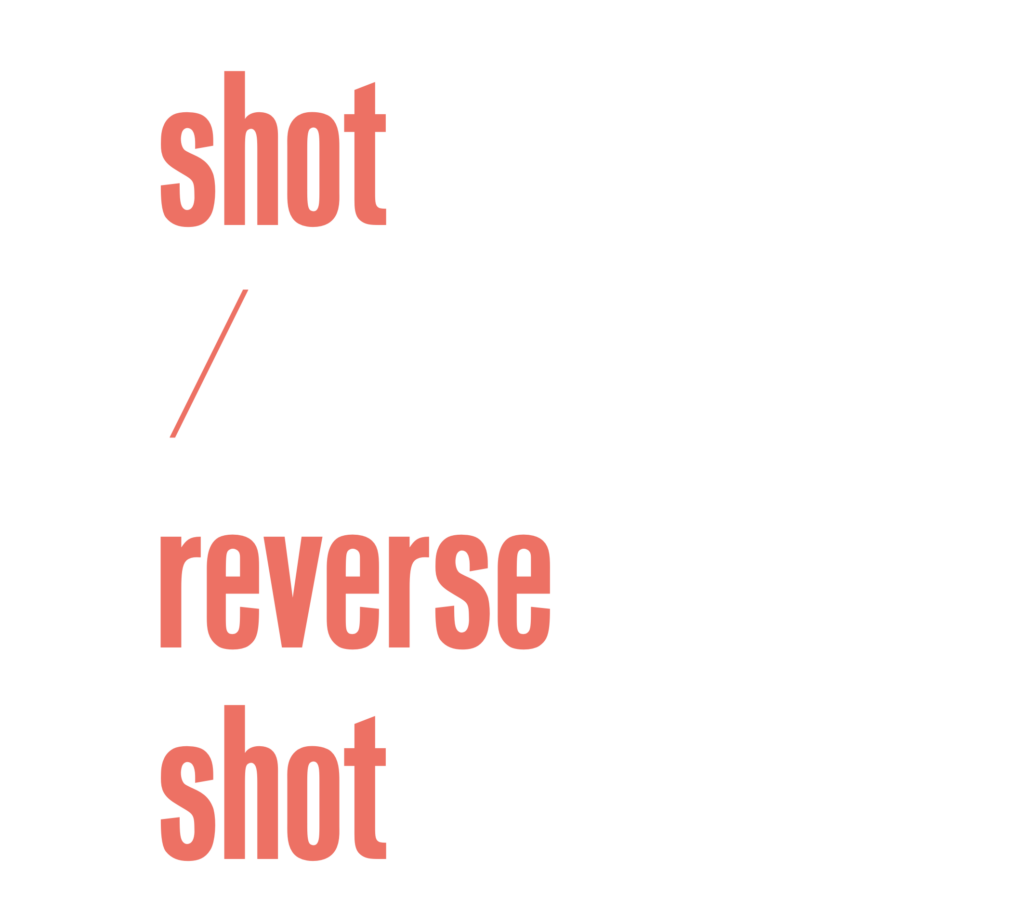Exhibition
Model
TACK Exhibition Object
Model of Silodam Housing
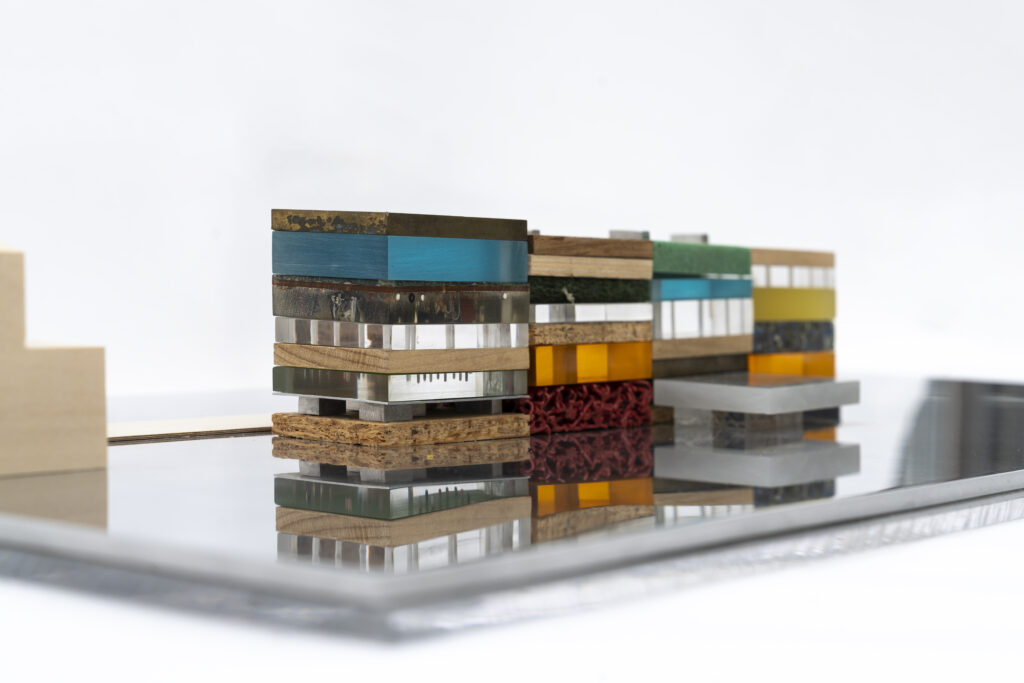
© MVRDV
This diagrammatic model was developed to discuss the disposition of various elements of a new housing estate in Amsterdam with its clients; a private investor-developer and an affordable housing cooperation, embodies tacit knowledge in multiple ways.
Nathalie de Vries
Exhibition
Model
TACK Exhibition Object
View
Model of Silodam Housing
Nathalie de Vries

© MVRDV
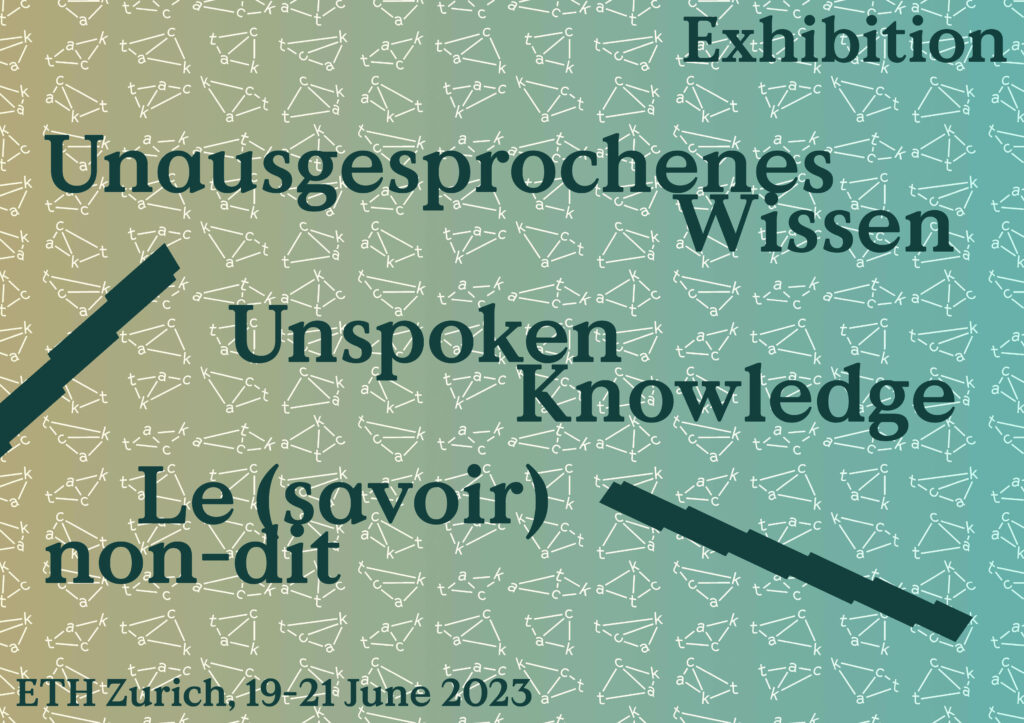
© TACK
This diagrammatic model was developed to discuss the disposition of various elements of a new housing estate in Amsterdam with its clients; a private investor-developer and an affordable housing cooperation, embodies tacit knowledge in multiple ways.

